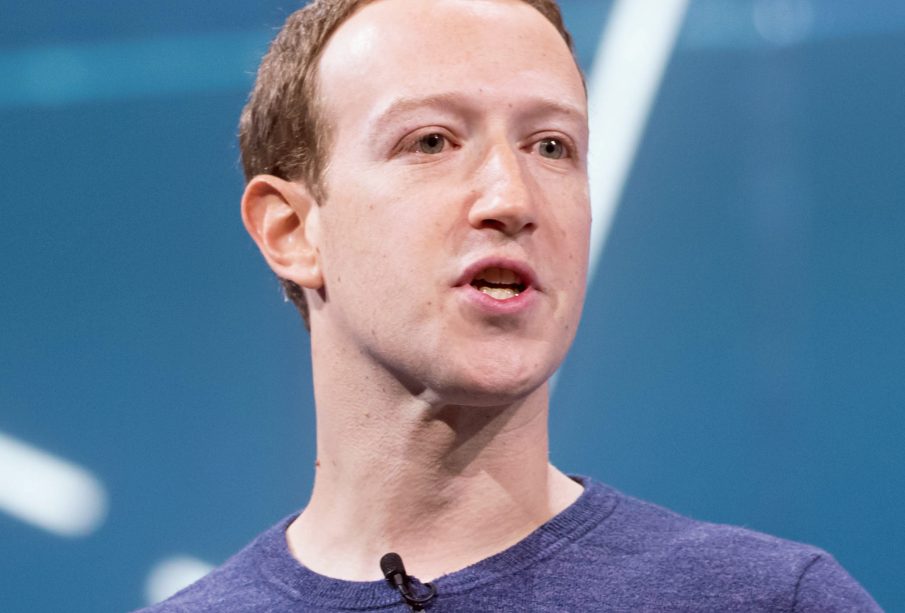Mark Zuckerberg: The Evolution of Social Media Leadership

Introduction
Mark Zuckerberg, the co-founder and CEO of Meta Platforms, Inc. (formerly Facebook, Inc.), has been a pivotal figure in the evolution of social media. His influence on how people connect, communicate, and consume information has sparked both innovation and controversy. As social media increasingly intertwines with global issues, understanding Zuckerberg’s role and strategies has never been more crucial.
Current Developments
Recently, Zuckerberg made headlines as Meta announced significant changes to its platforms, focusing on improving user engagement and privacy. During a recent earnings call, he emphasised the company’s new direction towards enhancing the user experience by implementing advanced AI-driven algorithms that promote safe and meaningful interactions. He stated, “We’re committed to making our platforms not just more engaging, but also a safer space for our users.”
Moreover, with the launch of new features aimed at content moderation, Zuckerberg is responding to the global criticisms of misinformation and data privacy breaches that have plagued the platform in recent years. These initiatives aim to regain public trust and set a new standard within the social media landscape. Recently, majors like Twitter (now X) have undergone significant leadership changes, leaving a gap for Meta to fill, a move Zuckerberg is strategically leveraging.
Significance of Zuckerberg’s Leadership
Zuckerberg’s leadership style is often cited as aggressive, innovative, and, at times, controversial. His push for the metaverse has initiated discussions about the future of social interactions in a digital age. As competitors like TikTok rise, he has reiterated the need for constant evolution, saying, “Staying relevant means adapting to new technological changes and user preferences.” This foresight is expected to shape Meta’s evolution over the next decade.
Additionally, Zuckerberg’s investment in virtual reality and augmented reality through platforms like Oculus is expected to redefine social media engagement. This focus indicates that Zuckerberg is not only adapting to current trends but is keen on setting future standards.
Conclusion
As Mark Zuckerberg continues to influence the trajectory of social media, his ability to adapt and innovate is crucial for both Meta and the wider digital landscape. Observers predict that the upcoming years will be telling for Zuckerberg’s strategies, especially as global scrutiny around privacy and data handling persists. The significance of his role cannot be understated; how he navigates the ongoing challenges will likely impact the future of digital communication profoundly. As users expect more transparency and safer environments, Zuckerberg’s decisions will be under the microscope, shaping not only Meta’s future but the standards for the entire social media industry.









